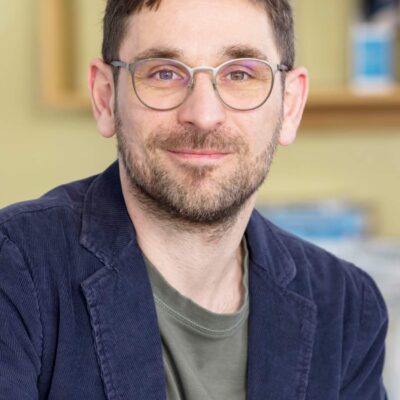Music therapy has had a deep, yet uneasy (and often unspoken) relationship to spirituality throughout its development as a Western, evidence-based profession to date. Despite the spiritual roots of many contemporary music therapy approaches, most empirical research started emerging only after 2002 and has largely been based on student-led projects since then. Similarly, our engagement with spirituality in music therapy education and contemporary issues around equality and anti-oppressive practices has been limited. Why is this? Is spirituality, or perhaps our ways of engaging with spirituality, not useful or relevant to our work and the growth of our profession?
